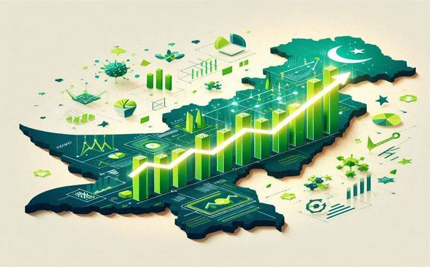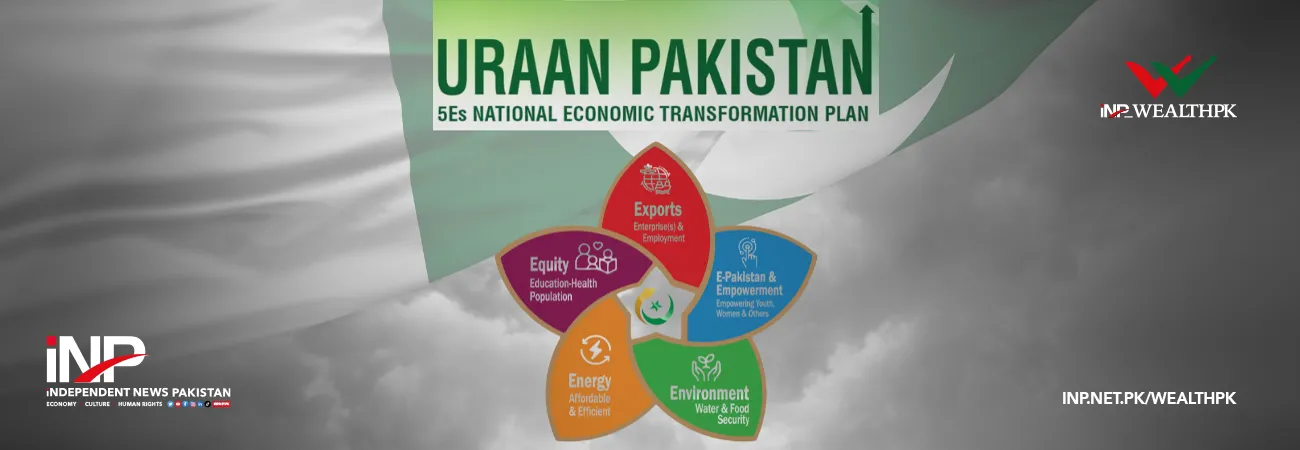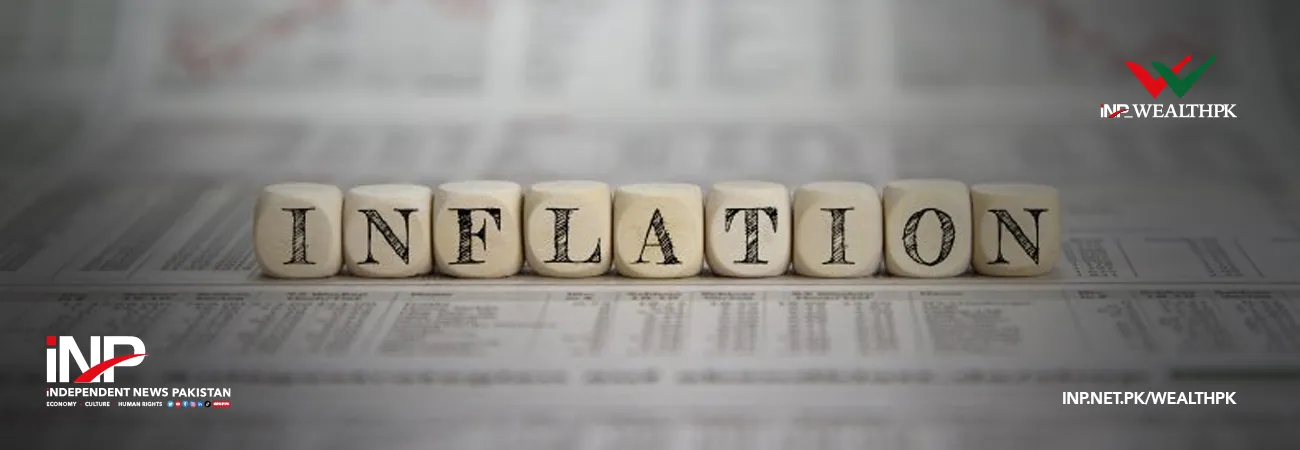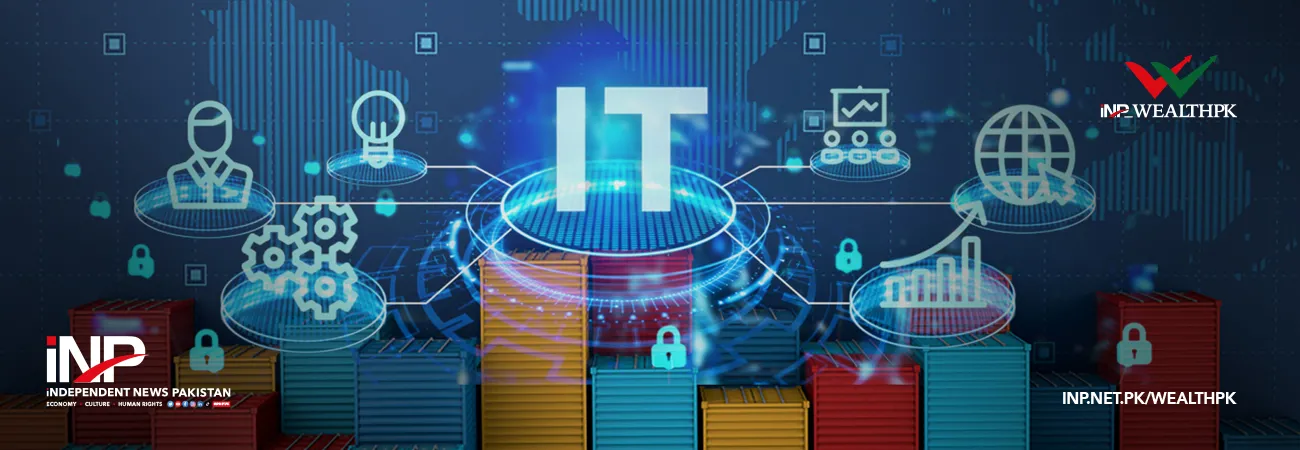INP-WealthPk
Ayesha Saba
‘Uraan Pakistan’ signifies a progressive shift in the country’s development paradigm despite challenges. If implemented effectively, it has the potential to serve as a catalyst for inclusive and sustainable growth, illustrating that human-centered policies are not only ethically imperative but also economically prudent.

In a conversation with WealthPK, Shahid Zaman, a research officer in the Macro-Economic Wing of the Ministry of Planning, Development, and Special Initiatives (MO/PDSI), said Pakistan currently faces significant socio-economic challenges, including poverty, gender inequality, and regional disparities.
In terms of urban and rural development, Pakistan exhibits typical dual-structural characteristics. The rural areas often face economic challenges characterized by limited access to the basic infrastructure, education, healthcare, and employment opportunities, he said.
“Neglecting the development needs of these areas not only perpetuates socio-economic disparities but also hampers the potential for inclusive national growth,” Zaman added. Against this backdrop, initiatives like Uraan Pakistan have emerged as critical drivers of inclusive development, focusing on equity and empowerment as the core principles.
According to him, such programs are essential for sustainable growth, as they address systemic inequalities and create opportunities for the marginalized communities. By prioritizing inclusivity, Uraan Pakistan aims to bridge gaps in education, healthcare, and economic participation, ensuring that no segment of society is left behind.
He further highlighted that the traditional development models in Pakistan have often neglected the rural areas and disadvantaged groups, perpetuating cycles of poverty. When marginalized populations gain access to resources and education, they become active contributors to the GDP growth, reducing their dependency on the state welfare systems.
“We have witnessed numerous initiatives in the past aimed at uplifting the marginalized communities through education, financial inclusion, and social support; however, in the absence of robust delivery mechanisms and effective monitoring systems, these programs have often failed to achieve a lasting impact. It is imperative that Uraan Pakistan avoids repeating this pattern,” he said.
He also cautioned that the program’s success will hinge on consistent policy support and transparency in implementation. The vision is strong, but without accountability mechanisms and sustained public investment, even the best ideas can falter.
He recommends the establishment of monitoring units at both federal and provincial levels to track outcomes, especially in terms of gender parity, employment generation, and poverty alleviation. The federal government has unveiled Rs17 trillion Uraan Pakistan five-year development plan aimed at achieving economic self-sufficiency.
According to Federal Minister for Planning and Special Initiatives Ahsan Iqbal, the federal share will be Rs7 trillion, and the provinces will contribute Rs10 trillion. The goal is to transform Pakistan into a $3 trillion economy by 2047. For FY 2025–26, the development budget is set at Rs4.2 trillion, including Rs1 trillion under the Public Sector Development Program (PSDP).
Credit: INP-WealthPk













